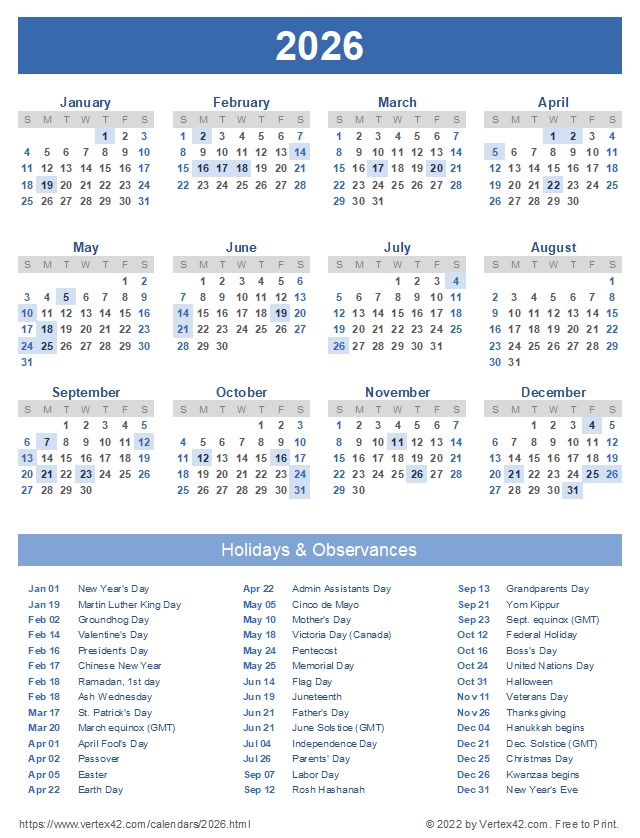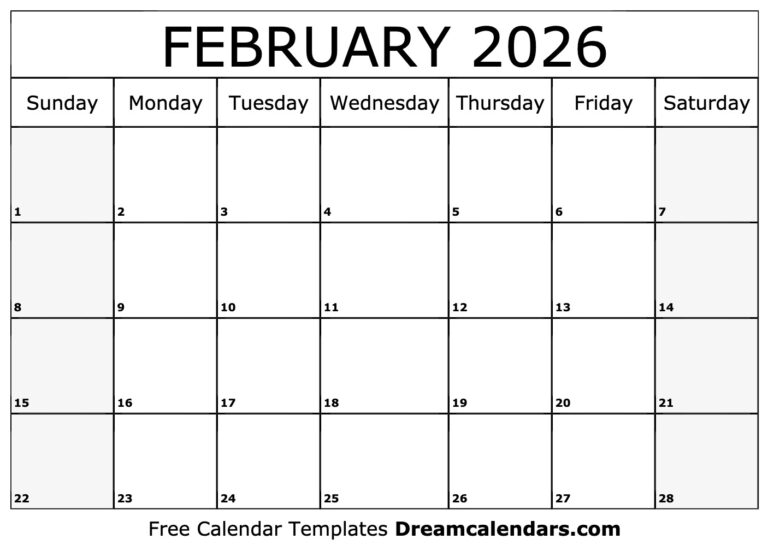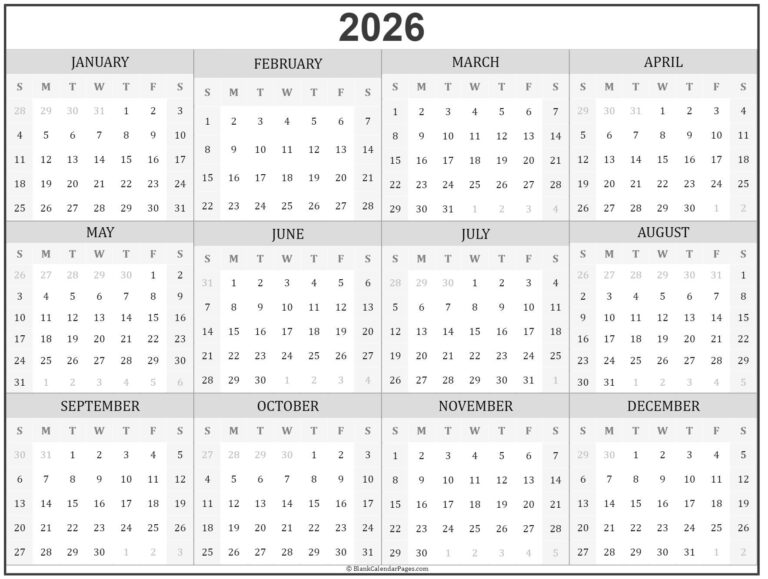Sfgov Payroll Calendar 2025: A Comprehensive Guide for Employees
The Sfgov Payroll Calendar for 2025 is a comprehensive resource for employees of the City and County of San Francisco. It provides detailed information on payroll schedules, employee access to payroll information, payday deposit options, tax withholding and deductions, payroll calendar customization, and payroll reporting and compliance.
This guide will help employees understand how to access their payroll information, manage their paychecks, and comply with payroll regulations. It will also provide insights into the various options available to employees for customizing their payroll experience.
Tax Withholding and Deductions
Your paycheck will reflect deductions for taxes and other items, such as health insurance premiums or retirement contributions. You can adjust your withholding allowances to increase or decrease the amount of taxes withheld from your paycheck.
Withholding Allowances
Withholding allowances are a way to tell your employer how many dependents you have. Each allowance reduces the amount of taxes withheld from your paycheck. You can claim allowances for yourself, your spouse, and any dependents you support.
Types of Deductions
There are many different types of deductions that can be made from your paycheck. Some common deductions include:
- Health insurance premiums
- Retirement contributions
- Dependent care expenses
- Charitable donations
Payroll Calendar Customization

Employees can request changes to their pay dates or deposit schedules for various reasons, such as personal budgeting or financial obligations. The process for requesting payroll calendar customization typically involves submitting a written request to the payroll department or HR.
The approval process for payroll calendar customization requests may vary depending on the organization’s policies and procedures. Generally, the request is reviewed by the payroll department or HR to ensure that it does not conflict with existing payroll schedules or business operations.
Requesting Changes
Employees can request changes to their payroll calendar by submitting a written request to the payroll department or HR. The request should include the following information:
- Employee’s name and employee ID
- Current pay date and deposit schedule
- Requested changes to pay date or deposit schedule
- Reason for the request
Approval Process
The payroll department or HR will review the request and make a decision based on the following factors:
- Availability of payroll resources
- Impact on payroll processing timelines
- Business needs and operational requirements
If the request is approved, the payroll department or HR will update the employee’s payroll calendar and notify the employee of the changes.
Additional Considerations
In addition to submitting a written request, employees may also be required to provide supporting documentation to justify their request. For example, if an employee is requesting a change in pay date due to a financial obligation, they may need to provide a copy of a loan agreement or other relevant documentation.
Employees should be aware that payroll calendar customization requests may not always be approved. The payroll department or HR has the discretion to deny requests that are not in line with the organization’s policies or operational needs.
Payroll Reporting and Compliance

The City and County of San Francisco has specific payroll reporting requirements that employers must comply with. These requirements include filing payroll tax returns, providing employees with wage and tax statements, and maintaining payroll records.
Employers are required to file payroll tax returns with the San Francisco Office of the Treasurer and Tax Collector (OTTTC). The OTTTC collects payroll taxes, including income tax, social security tax, Medicare tax, and unemployment insurance tax. Payroll tax returns are due on a quarterly basis, and employers must file them electronically using the OTTTC’s online portal.
Employers are also required to provide employees with wage and tax statements. These statements must include information about the employee’s wages, taxes withheld, and other deductions. Wage and tax statements must be provided to employees by January 31st of each year.
In addition to filing payroll tax returns and providing employees with wage and tax statements, employers are also required to maintain payroll records. These records must include information about the employee’s name, address, Social Security number, wages, taxes withheld, and other deductions. Payroll records must be kept for at least four years.
Specific Compliance Requirements
There are a number of specific compliance requirements that employers must meet in order to comply with San Francisco’s payroll reporting requirements. These requirements include:
- Registering with the OTTTC and obtaining a business tax account number.
- Filing payroll tax returns on time and in the correct format.
- Providing employees with wage and tax statements by the January 31st deadline.
- Maintaining payroll records for at least four years.
- Withholding the correct amount of taxes from employees’ wages.
- Depositing payroll taxes with the OTTTC on time.
Common Queries
How often will I be paid?
The frequency of payroll payments depends on your employment status. Regular employees are paid bi-weekly, while temporary employees are paid monthly.
How can I access my payroll information online?
You can access your payroll information online through the Employee Self-Service portal. You will need to create an account using your employee ID and password.
Can I set up direct deposit?
Yes, you can set up direct deposit through the Employee Self-Service portal. You will need to provide your bank account information and routing number.
How can I adjust my withholding allowances?
You can adjust your withholding allowances by completing a W-4 form. You can obtain a W-4 form from your payroll department or from the IRS website.
What types of deductions can be made from my paycheck?
Various deductions can be made from your paycheck, including health insurance premiums, retirement contributions, and union dues.





